Q&A: Conchi Ruiz Cabello of Mariposa Vintage Foresees A Future For Thrift Fashion
Q&A by Sheridan Wilbur
Conchi Ruiz Cabello moved from Southern Spain to New York City and changed her life forever. She packed her bags and traveled East but her itinerary did not plan to open a sustainable fashion brand. Instead, she lost her full-time job and wandered around vintage boutiques in Williamsburg and the Brooklyn Flea. She spent the nine-to-five shift trying to reconnect with herself and what brings her joy.
It took years of soul searching and a passion for vintage for the threads to weave together. In 2018, Cabello founded Mariposa Vintage out of Atlanta, Georgia.
Courtesy of Conchi Ruiz Cabello
Her brand collaborated in the Slow Fashion Symposium as a sustainable voice to educate consumers on the effects of global, massive clothing consumption before the pandemic madness came to its realization. These types of events bring the conversation closer to the consumers, but now, Cabello shares her path with us, speaks up on challenges the global pandemic brings, and how she adapts her small business in Atlanta, Georgia.
In the coming weeks, Mariposa Vintage will join Citizen Supply for four months at their store at Ponce City Market.
Tell me a bit about yourself….
Courtesy of Conchi Ruiz Cabello
My name is Conchi Ruiz Cabello. I am the owner and sustainable fashion advocate behind Mariposa Vintage. About two years ago, I started to quietly post vintage online. A community of vintage lovers and sustainable fashion enthusiasts gathered around our Instagram account. It was a place where vintage was being sold, but also, where we kept a conversation going. We encouraged people to be more mindful about their fashion decisions, join the vintage fun, and ask ANY questions.
Sustainable fashion was a new journey for me as well. I think that helped to connect with people at a deeper level. My closet was (and still is) transitioning. I found people were thirsty for both an alternative to fast-fashion and information. They were suddenly leaping and joining a movement that has only grown stronger since then. It has been a beautiful thing to see.
How does Mariposa Vintage play a role in sustainability?
Courtesy of Conchi Ruiz Cabello
Sustainability is at the core of Mariposa Vintage’s model. We are rescuing and giving a second chance to garments that would normally end up in a landfill. I am talking about clothes over 30 years old that somebody has donated, or is ready to discard. It’s big. For every piece that we sell, we (with the help of our customers) are contributing to the decrease in the demand of textile production and the pollution and waste that comes with it.
I like to think our role goes beyond that: we are educating people and modeling sustainable fashion. Most of our customers are young girls in their 20’s or early 30’s. It is a new generation and it makes me incredibly proud to see the smart choices they are making. Yes, it is fashion, yes, they look stunning wearing the vintage. But there are some powerful reasons at play, and they pick vintage over Zara. Very proud!!
Even better: many are telling their friends about this new way to shop. This is how a movement starts. We need to normalize sustainable fashion, buying secondhand, and reusing clothing. I like to think we are playing a role in this scheme.
How has Mariposa Vintage been impacted by COVID19?
Courtesy of Conchi Ruiz Cabello
COVID has been a challenging time for most, and Mariposa Vintage has also suffered. We have played by the rules. During more than 3 months we have been in lockdown. Which means we haven’t been sourcing or bringing new inventory. We have been shipping less frequently. It has been hard to keep the community excited with so much going on. Everything has slowed down. I would say this time has been more about showing support and trying to put a smile on people’s faces and less about making business.
Does your process of rescuing, cleaning, and selling dresses or finding natural materials change with COVID19? Have you had to make any adjustments?
From a logistics point of view, well, there was nowhere to go to find vintage. No thrift stores, no estate sales, no dealers, or markets. This time has certainly pushed us to be more creative with what we had. I decided to take new photographs of older inventory, for example. And give it a new life!
This resulted in our stock running at its lowest ever. We also run a couple of sales. Again, these were more about engaging our community than about making business. I have to say our customers have been understanding too. Shipping and transit times have been longer, and patience and kindness it's all I have seen.
We are lucky that our business runs online exclusively. So there was no rent to pay, no brick and mortar store to close for weeks. That has helped us enormously to keep going. We did miss our spring and summer markets. Our favorite season.
Do you see new trends for your buyers (i.e. an increase in athleisure, selling masks)?
Courtesy of Conchi Ruiz Cabello
Definitely! More casual clothing is selling (linen, hello!). Our collection is fairly casual and comfortable. We always want people to feel in their skin when wearing our pieces. I wouldn’t sell anything that I wouldn't wear myself, so that helps keep the balance with the trends.
What does COVID19 mean for the fashion industry? For small businesses?
For small businesses, COVID19 means adjusting to the new normal. And reality-checking expectations. You are not doing anything wrong. Things got a whole lot complicated and we are figuring it out as we go. Nobody was ready for a pandemic. Most of us have our kids home. It is not business as usual and we need to be gentle with ourselves, as well as sharpen our senses to find opportunities in the uncertainty.
COVID has taken its toll in the slow fashion industry especially, where clothes are produced in small batches and made to order in many cases. We have seen iconic brands like Elizabeth Suzann forced to close their warehouses, and shut their doors indefinitely after weeks of confinement, unable to continue with their activities. It is sad.
Courtesy of Conchi Ruiz Cabello
What does fashion mean to you in the pandemic? Do you see it as important or less important?
Fashion is often perceived as something frivolous, but it doesn’t have to be. Fashion is what you make it. It is about expressing yourself, and creativity. About celebrating your uniqueness, dressing the part, and feeling confident. I loved seeing face masks in all shapes, colors, and prints! Many of them are handmade! That’s fashion too and it is important.
There are millions of families that depend on the fashion industry to make a living. That’s important too. Many of us have found joy in getting dressed each day, even if we were not going anywhere. That’s important too.
How can the fashion industry encourage awareness about sustainability, given the time we are in? How does the pandemic impact sustainability? Or make a difference?
Courtesy of Conchi Ruiz Cabello
There are many ways to encourage sustainability. I think the most important one is information. Many consumers are just not aware of the effects of global, massive clothing consumption. Before the pandemic madness started, Mariposa Vintage had the chance to collaborate in the Slow Fashion Symposium in Atlanta, GA.
They brought together the voices of slow and sustainable fashion: from small boutique brands like shoemaker Thelma to bigger platforms like ABLE, to vintage dealers like ourselves. These types of events bring the conversation closer to the consumers. They also hosted a chat with Elizabeth Cline, author of the Conscious Closet. I recommend that book to anybody getting started and trying to understand the impact of fast fashion and the choices we make about our wardrobe.
I think we have all become more sustainable with COVID. Shopping hasn’t been as accessible for different reasons (stores closed, limited online availability, delayed shipping, etc) so that has made us stop and think: how much do I really need this dress? When am I going to wear it? Can I do without it? Do I have something in my closet that will do?
There’s no sense of urgency anymore. It has been a good exercise, and we have realized many of the things we were going to add to our closet were not necessary.
What are the ways consumers can be conscious about their clothing behavior in the pandemic?
Courtesy of Conchi Ruiz Cabello
It's naturally happening. Our needs have changed (in many cases our budgets too... ), we are not going to the office or school. Most events have been canceled. There’s no sense of urgency and we are looking at our needs from a new perspective. We are learning to wait and exercise a better judgment about what we really need.
What do you see for Mariposa Vintage in the next 5-10 years?
We hope we will continue to support sustainable fashion and cultivate the love of vintage! Against all odds, this pandemic has brought some new opportunities and a brick and mortar location may be coming soon. That could be our next big step and we are excited to see what the future brings!
COMMENT OR TAKE OUR PAGE READER SURVEY
Featured



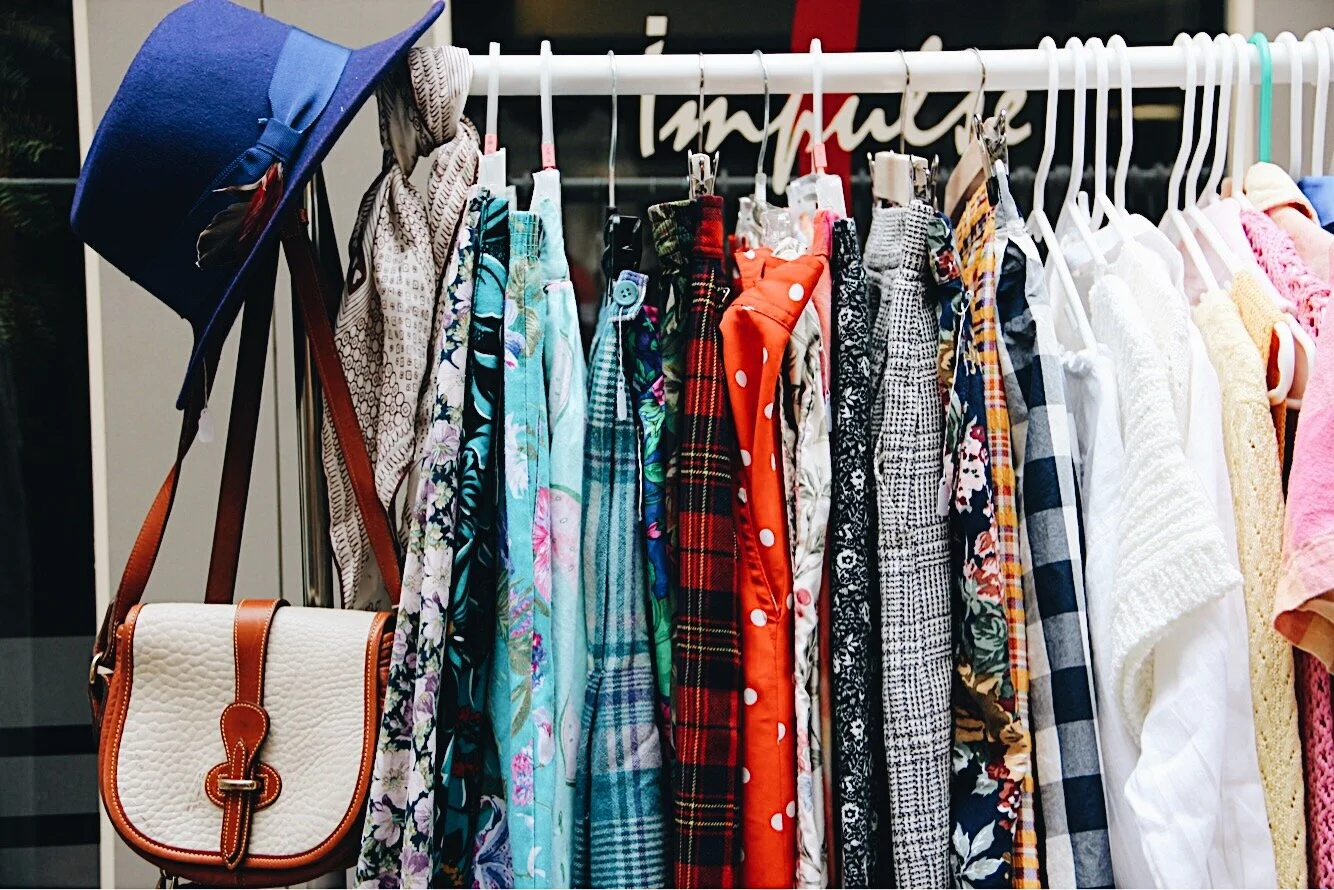


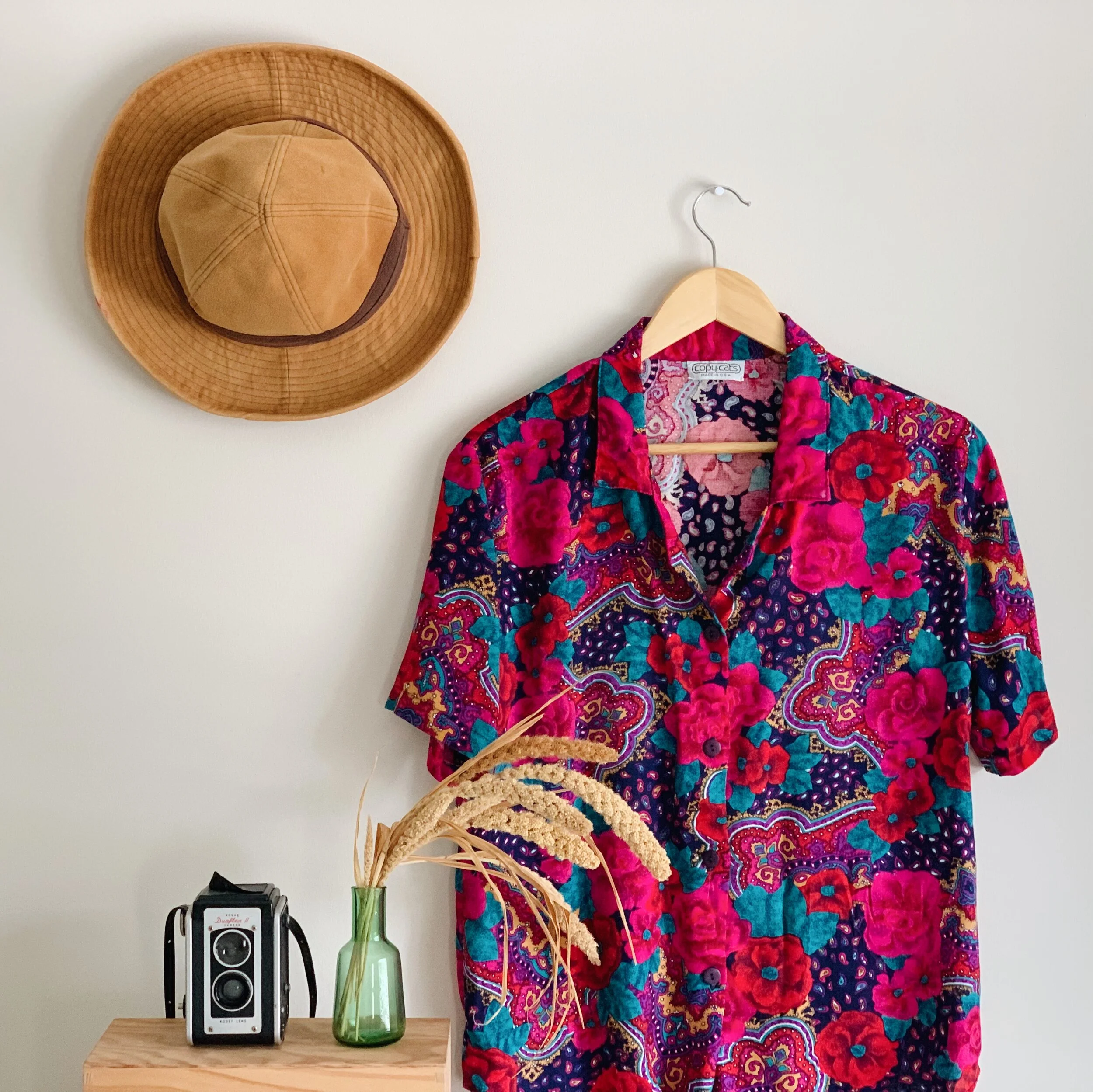
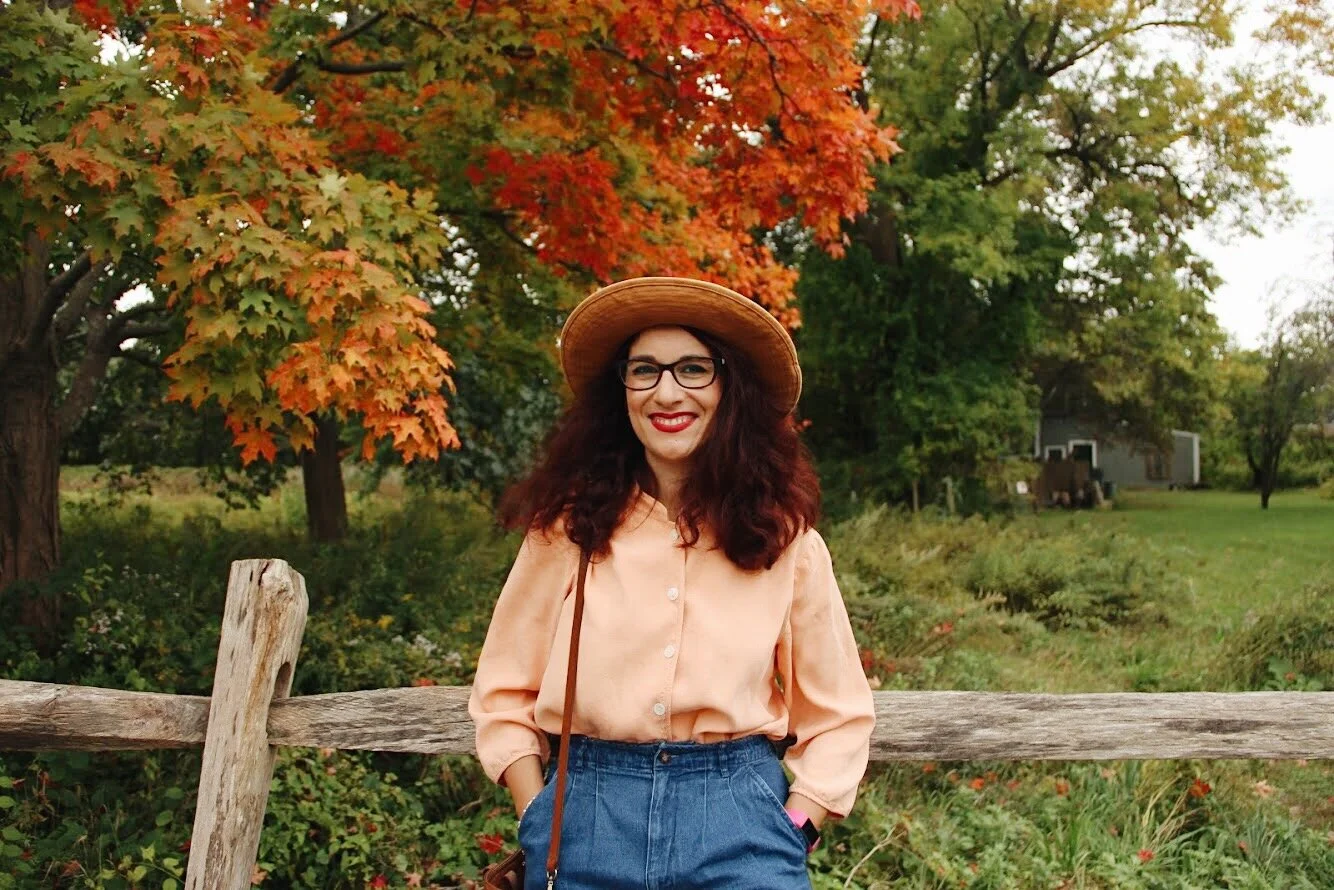
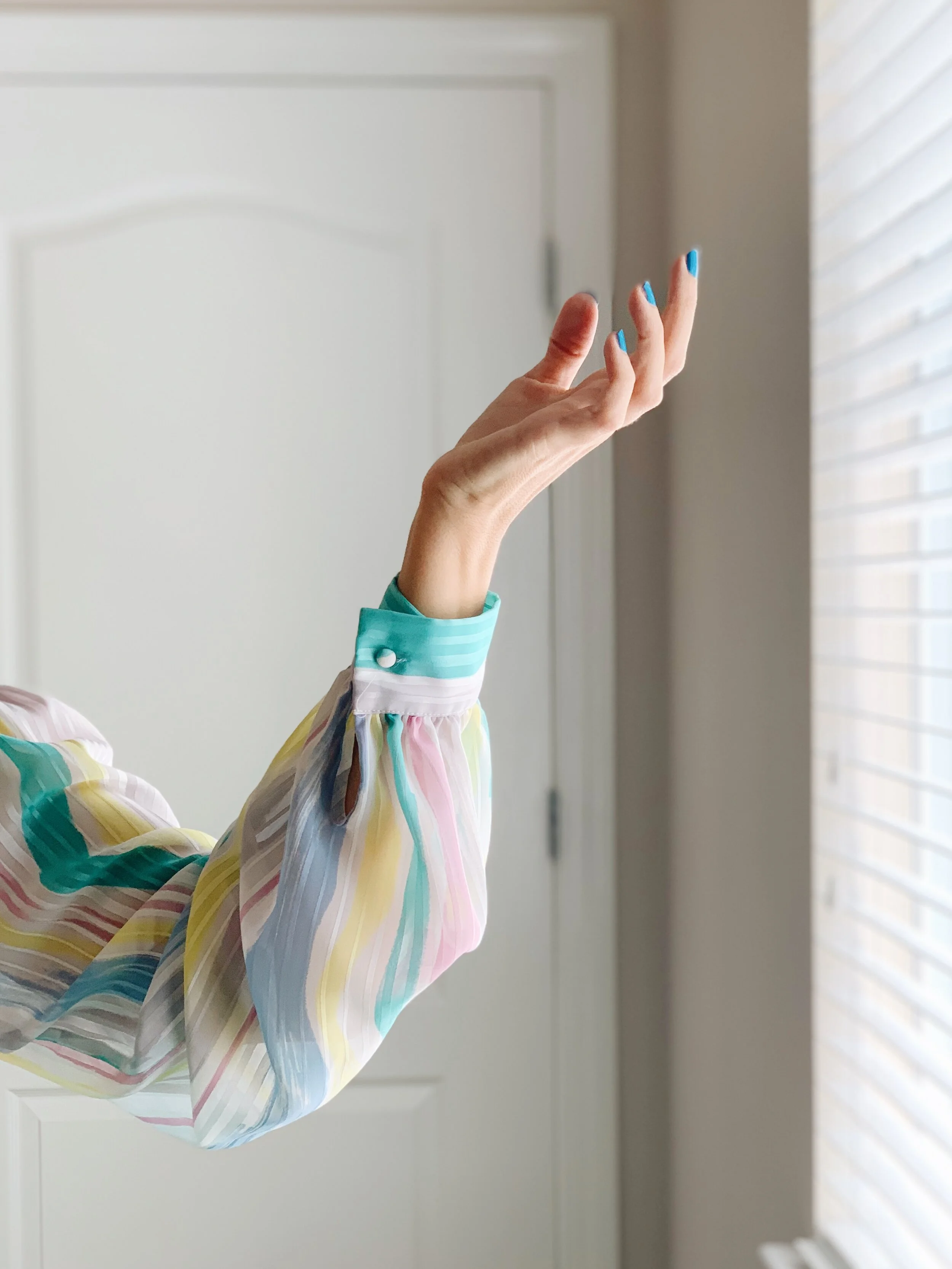
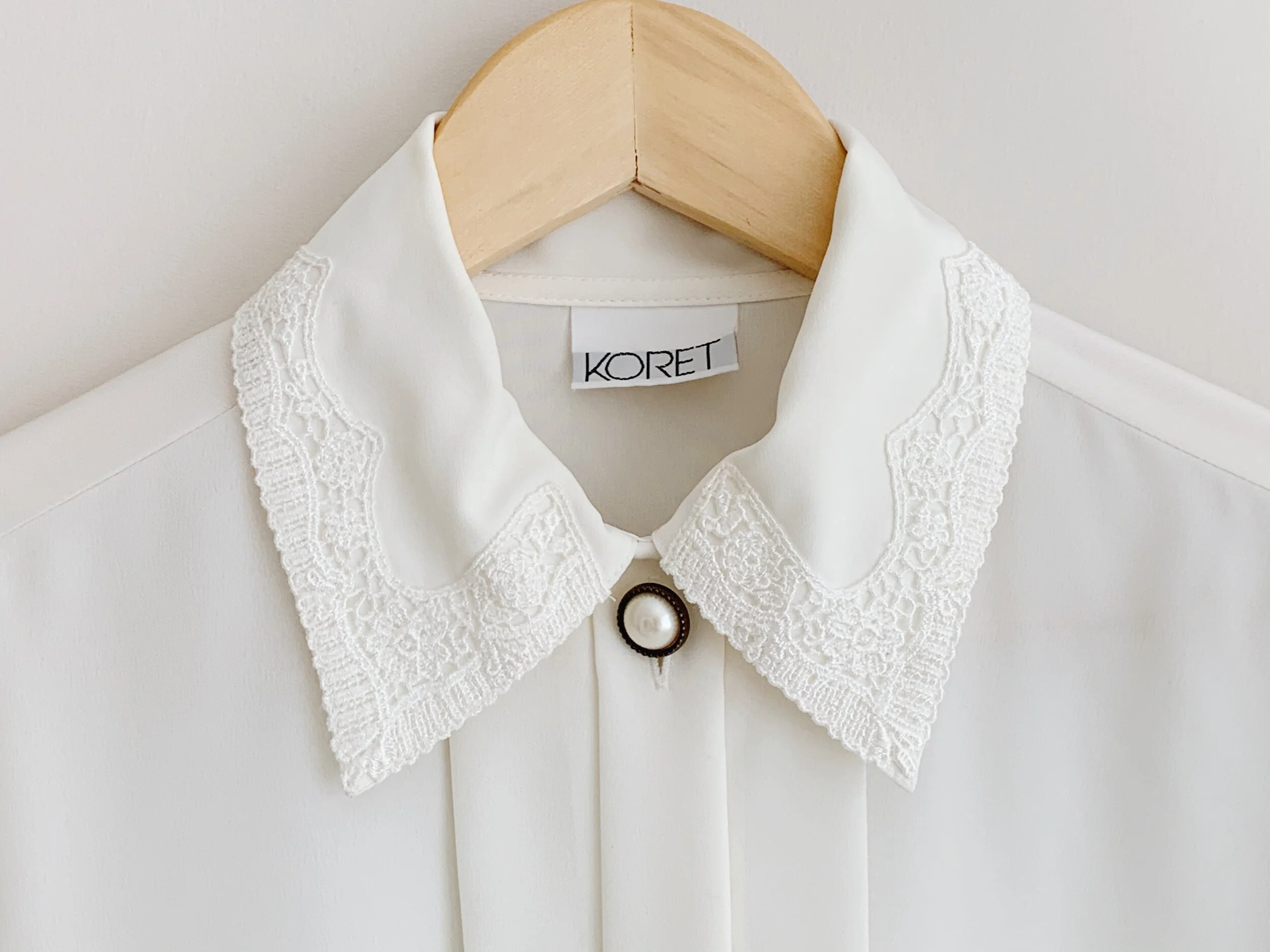






For Autumn/Winter 2026, Saul Nash’s Masquerade explores clothing as a transformative mask, merging tailoring and sportswear to empower fluid identity, movement, and self-expression through performance-led design.